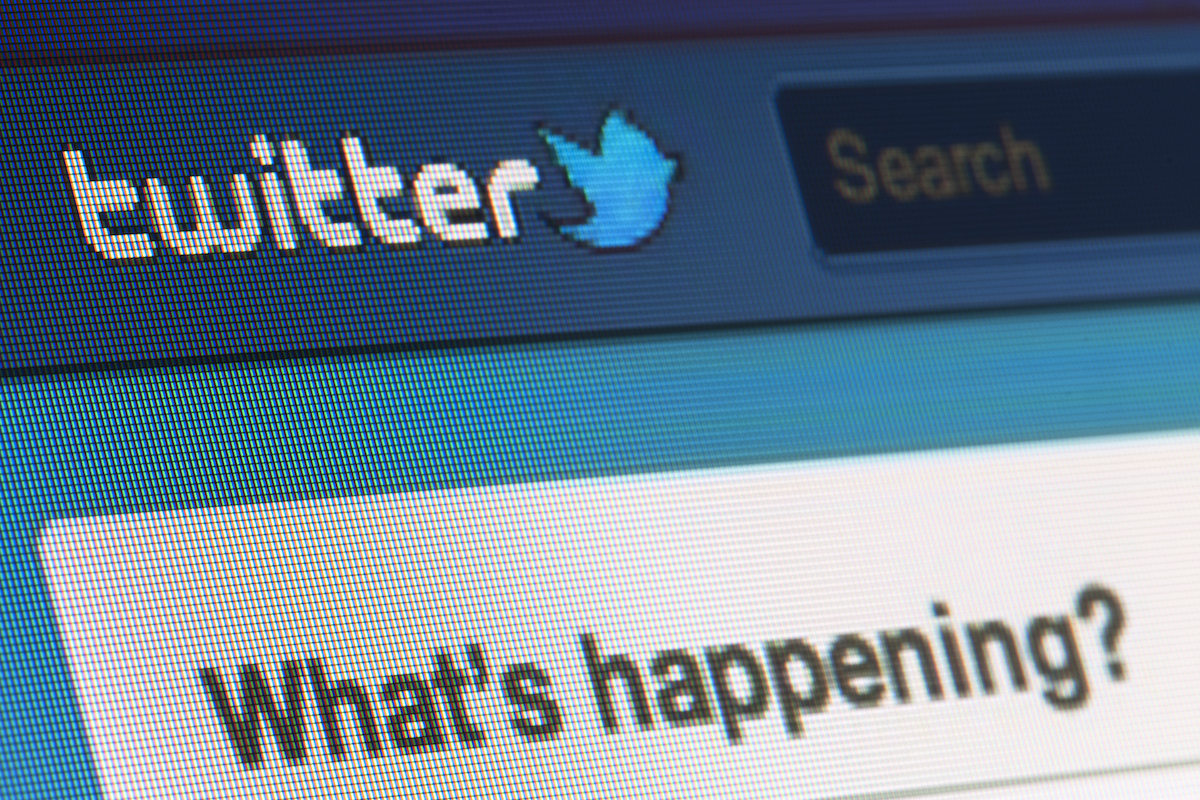Twitter Is Banning Political Ads and It’s Bound to Get Complicated
What exactly is "political"?

Yesterday, Twitter’s Jack Dorsey announced that starting November 22nd, the site would no longer allow political ads of any kind. That’s definitely a bold decision, but also a pretty complicated one.
We’ve made the decision to stop all political advertising on Twitter globally. We believe political message reach should be earned, not bought. Why? A few reasons…🧵
— jack 🌍🌏🌎 (@jack) October 30, 2019
Jack argues that paying for political reach doesn’t allow for people to make their own political decisions organically. “A political message earns reach when people decide to follow an account or retweet,” he writes. “Paying for reach removes that decision, forcing highly optimized and targeted political messages on people. We believe this decision should not be compromised by money.”
On top of that, it’s not just political candidates or wealthy lobbyist types pushing messages anymore. “Machine learning-based optimization of messaging and micro-targeting, unchecked misleading information, and deep fakes” are all “entirely new challenges to civic discourse.”
Cue the bots and bot-makers freaking out:
Why @jack did the right thing in one image https://t.co/jSFrPCp3yB
— Chris Taylor (@FutureBoy) October 30, 2019
Facebook has been in the news lately for its decision not to fact check political ads. Except they do still appear to be filtering out some political ads. Also, the sites they let do the fact-checking are super suspect. Basically, Mark Zuckerberg has made it so that the site gets to pick and choose which messages get through. Jack’s decision to ban all political advertising is definitely better than that approach. He’s admitting that this problem is too unweildy to contain, so it’s best to go to the root of the problem and cut it off there.
He seems to even make a gentle jab at Zuck’s unwillingness to give up that sweet political ad money.
For instance, it‘s not credible for us to say: “We’re working hard to stop people from gaming our systems to spread misleading info, buuut if someone pays us to target and force people to see their political ad…well…they can say whatever they want! 😉”
— jack 🌍🌏🌎 (@jack) October 30, 2019
So on the one hand, good for Jack for realizing this isn’t a problem his site is equipped to manage. But here’s where things get complicated. Because now Twitter has to decide what constitutes a “political” ad. Jack says that they’re banning both political ads and “issue” ads.
We considered stopping only candidate ads, but issue ads present a way to circumvent. Additionally, it isn’t fair for everyone but candidates to buy ads for issues they want to push. So we’re stopping these too.
— jack 🌍🌏🌎 (@jack) October 30, 2019
Twitter will be releasing their full policy on November 15th but for now, here’s how they define issue ads:
On issue ads… https://t.co/u71LC37DIL
— jack 🌍🌏🌎 (@jack) October 30, 2019
While banning political advertisements sounds like a clean, simple line to draw, this is undoubtedly going to get messy. Because whether or not an issue is inherently political is entirely subjective.
For example, an ad for a fossil fuel company might not seem political to those making these decisions, but an ad for an organization fighting climate change caused by that company definitely would.
Reading Jack’s summary of the policy and it sounds to me like it will be legal for Shell to purchase ads but illegal to purchase ads talking about how Shell is causing global warming, because that’s “political” or an “issue ad”? Uhhhhh https://t.co/tG5vHodV4q
— mcc (@mcclure111) October 30, 2019
Meanwhile, over on Facebook right now, ads for the HIV prevention medication PrEP are being banned for being “political,” and it’s likely that could be the stance taken by Twitter as well, even if many of us wouldn’t agree that medical issues are political.
What this article doesn’t mention is that Facebook approves ads for PrEP lawsuits — so in other words PrEP awareness is “too political” while PrEP misinformation which inhibit future users isn’t. Facebook’s profitization is a detriment to public health. https://t.co/glTWughKjT
— Jason Rosenberg (@mynameisjro) October 31, 2019
Will they ban Planned Parenthood’s ads regarding abortion services and gag rules? What about ads for their many other health services? Who gets to draw the line for what is politics and what is personal? Because for most of us, the two aren’t mutually exclusive, not even close.
All of these groups can still post on Twitter, of course. But they can’t pay to expand their reach which, Jack says, is the point.
This is a bold move from Twitter and it will be interesting to see how this plays out over the next few months. In all likelihood, a lot of these advertisers will move over to Facebook and other sites that remain unequipped to handle them, so Jack hasn’t really fixed a problem, he’s just moved it off his lawn.
(image: PIXXart / Shutterstock.com)
Want more stories like this? Become a subscriber and support the site!
—The Mary Sue has a strict comment policy that forbids, but is not limited to, personal insults toward anyone, hate speech, and trolling.—
Have a tip we should know? tips@themarysue.com